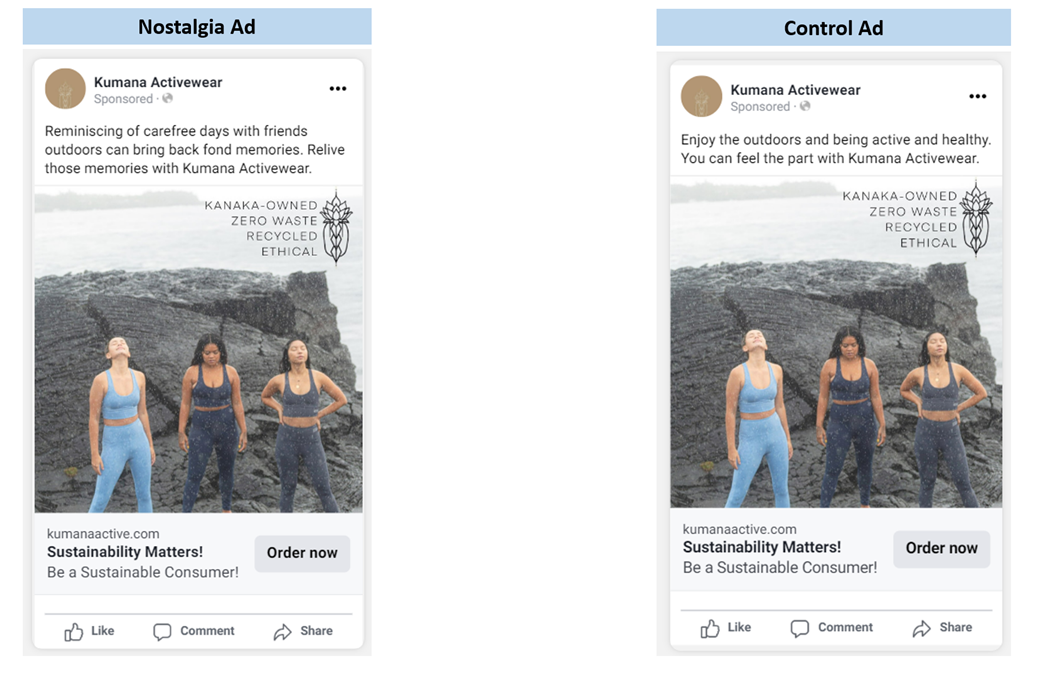Dr Ngan Vo: Working with industry to drive sustainable consumer choices
Dr Ngan Vo reflects on how working between industry and academia can support values-driven research
Our case study series features inspiring researchers discussing their careers and sharing tips on how they engage beyond academia. If you would like to be featured, send us an email at DBAA@exeter.ac.uk!

Dr Ngan Vo, Lecturer in Digital Marketing
Dr Ngan Vo, Lecturer in Digital Marketing at the University of Exeter, joined us to discuss her experiences working with international industry partners through her research.
Dr Ngan Vo’s career, spanning both industry and academia, is anchored in a commitment to sustainable business practices. Studying in Vietnam, Hawaii and Canada before taking up her current position at the University of Exeter, Ngan’s research focuses on how marketing can influence consumers to make sustainable choices and the impact of marketing on the welfare of consumers, businesses, and society. She previously worked for Ipsos, a leading market research company, managing research projects for clients including PepsiCo, Kimberly-Clark and Unilever. Speaking with Developing Business-Aware Academics, she shared her insights into pursuing values-driven research with industry collaboration.
Before joining the University of Exeter in 2023, I studied and worked in multiple varied environments around the world. I completed my bachelor’s degree in Vietnam and then worked for almost four years at Ipsos, a multinational market research company. In that role, I managed quantitative research teams working on projects for clients including PepsiCo, Unilever and Kimberly-Clark. I then transitioned back to academia, gaining my MBA in Hawaii in 2018 and my PhD at the University of Manitoba in Canada in 2023. Last year I joined Exeter’s Department of Management as a lecturer in Digital Marketing, as well as continuing my own research. Last term I ran a master’s module on Applied Digital Marketing Analytics, with a cohort of around 100 students.
Alongside teaching, I am researching the use of nostalgia to influence consumers in making sustainable choices. Globally, companies and governments are finding it difficult to encourage consumers to adopt sustainable behaviours. Sustainable products are important in the context of climate change yet are often more expensive and may perform differently to the conventional product, making them less appealing to consumers. We know that emotion can be used to prompt sustainable consumer choices, and I’m researching uses of nostalgia.
“I want the results of my research to have meaning beyond academia, this includes businesses, consumers and the wider world.”
Looking at old pictures or being reminded of certain memories can trigger feelings of nostalgia. These feelings often remind us of spending time with family or friends. When that happens, we are thinking of ourselves as part of a social community, and that can subconsciously influence behaviour, with choices made that benefit others rather than the individual. I wanted to test whether these dynamics can affect the way we behave as consumers. In one study, I worked with Kūmana Activewear, running and comparing two different social media adverts, and found that more people clicked on images with text that triggered nostalgia. Across my research, I have found that consumers experiencing nostalgia feel more social connectedness, are more likely to engage with sustainable products, and are more willing to pay a higher price.
I want the results of my research to have meaning beyond academia, this includes businesses, consumers and the wider world. Bigger brands sometimes publicise their sustainability without implementing proportional sustainable practices. This leads to consumer skepticism about any company making sustainable claims, which is damaging to small businesses that are genuinely working hard to offer sustainable products. When I chose industry partners for this research, I wanted to know that they were genuinely committed to sustainability before working with them. I knew the founder of Kūmana Activewear from my MBA. I knew their business philosophy and the materials they use and so felt confident working with them.

Ngan trialled an ad campaign designed to induce feelings of nostalgia in consumers.
“When I chose industry partners for this research, I wanted to know that they were genuinely committed to sustainability before working with them. I knew the founder of Kūmana Activewear from my MBA. I knew their business philosophy and the materials they use and so felt confident working with them.”
The damaging environmental consequences of unsustainable business practices are increasingly apparent, and this is a real motivator for my research. When I was living in British Columbia, there were always wildfires in summer. On one occasion, we watched the flames get closer and closer and were forced to evacuate our home to escape. This firsthand experience of the devastating impact of climate change made me want to act. We know that the climate crisis is getting worse every year and that it is partly because of our unsustainable behaviour and over-consumption. This led to my research into consumer behaviour and my collaborations with industry where we are working towards shaping sustainable decision making in the wider world.
Passion for your topic is really important in academia. Research is a lengthy process and there can be challenges and setbacks along the way. If the topic is one you love and believe in, you can overcome obstacles and keep working on your idea.
“Gaining professional experience in an industry setting made it easier for me to form relationships and to maintain industry contacts as an academic.”
Living in different countries around the world has had a huge impact on who I am today. Living in Hawaii and Canada, I was able to meet and make friends with people from different indigenous communities and learn about ways in which they protect the environment and natural resources. Friends made around the world continue to shape my research activities. Several friends from my MBA have gone on to start businesses, and my time with Ipsos gave me a wide professional network that I continue to draw on for collaboration and engagement. Gaining professional experience in an industry setting made it easier for me to form relationships and to maintain industry contacts as an academic. For example, I often invite my previous industry colleagues to contribute to student teaching. This introduces my students to new contacts and helps them to start building their own networks.
It’s important to remember that you can build new connections yourself even if you don’t have an existing network. These days, professionals all have LinkedIn, which can be a really helpful way to connect with people. If you actively share your research and make those connections, people start to trust what you have to say. If you have research ideas, you can reach out to industry contacts on LinkedIn and offer to collaborate. Even if you only get one reply, that’s a success!
It is also important to use your network to support and promote the work of other researchers on LinkedIn. It helps extend their reach and hopefully they’ll remember you for collaborations in the future.
I love collaboration and great teamworking dynamics are really important when I’m looking for new opportunities. Academia can sometimes feel isolated, so collaborating with other researchers or non-academic partners can help that feeling of connection between your work and the world around you.
Ngan’s top tips for researchers interested in engaging beyond academia
- When collaborating with industry, choose business you trust and understand.
- Be confident in reaching out on LinkedIn.
- Build a diverse network through your student, academic and professional contacts.
- Pursue research topics you are excited about.



















